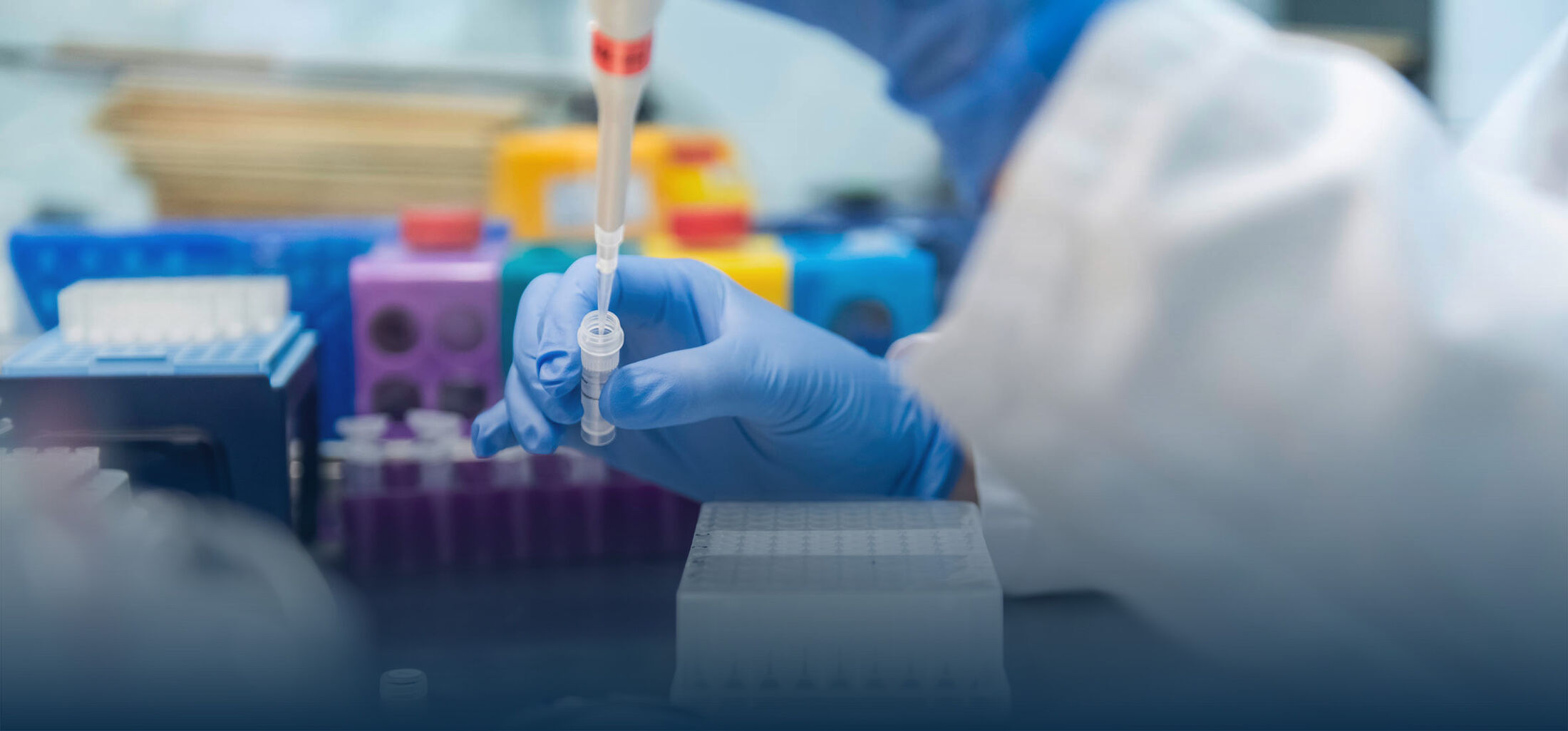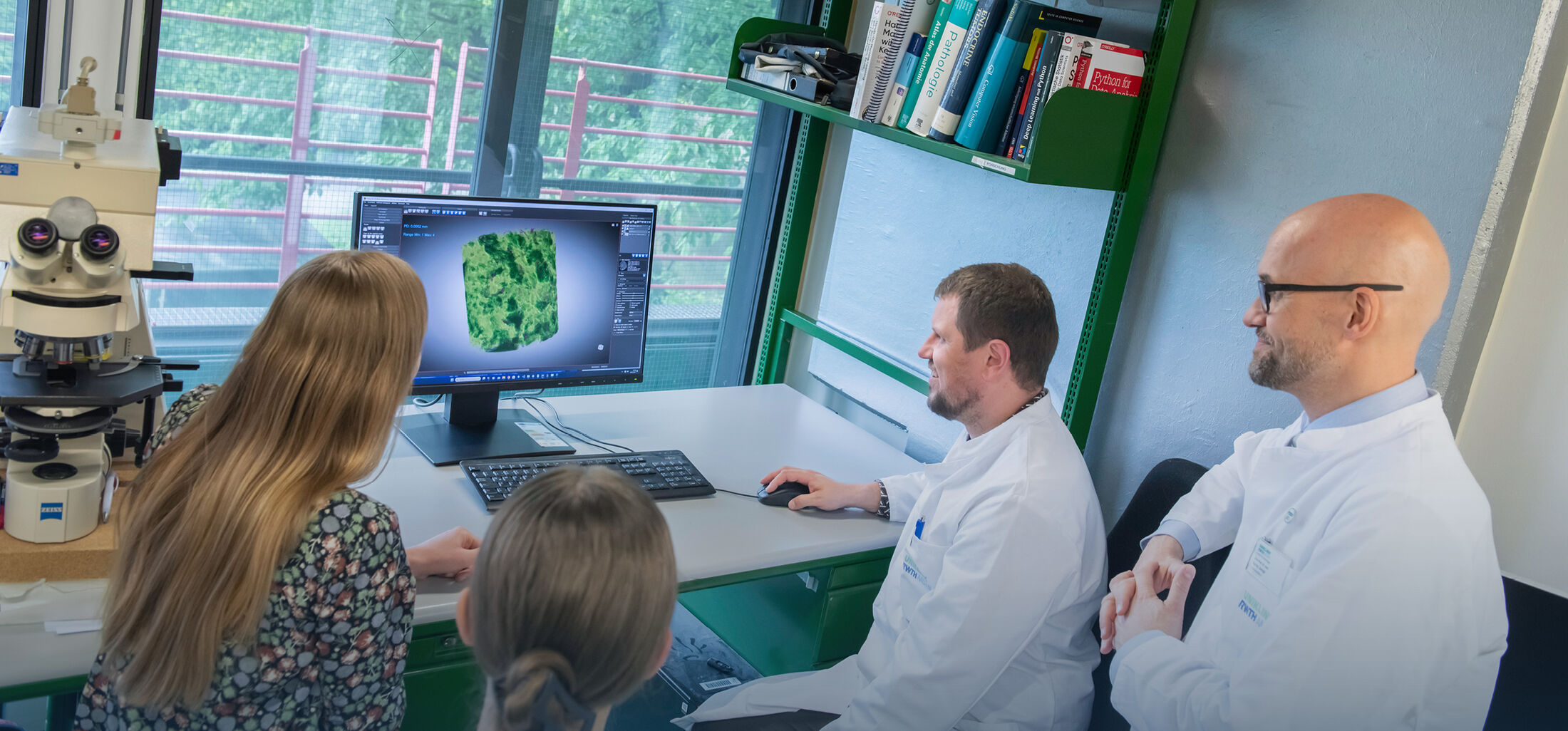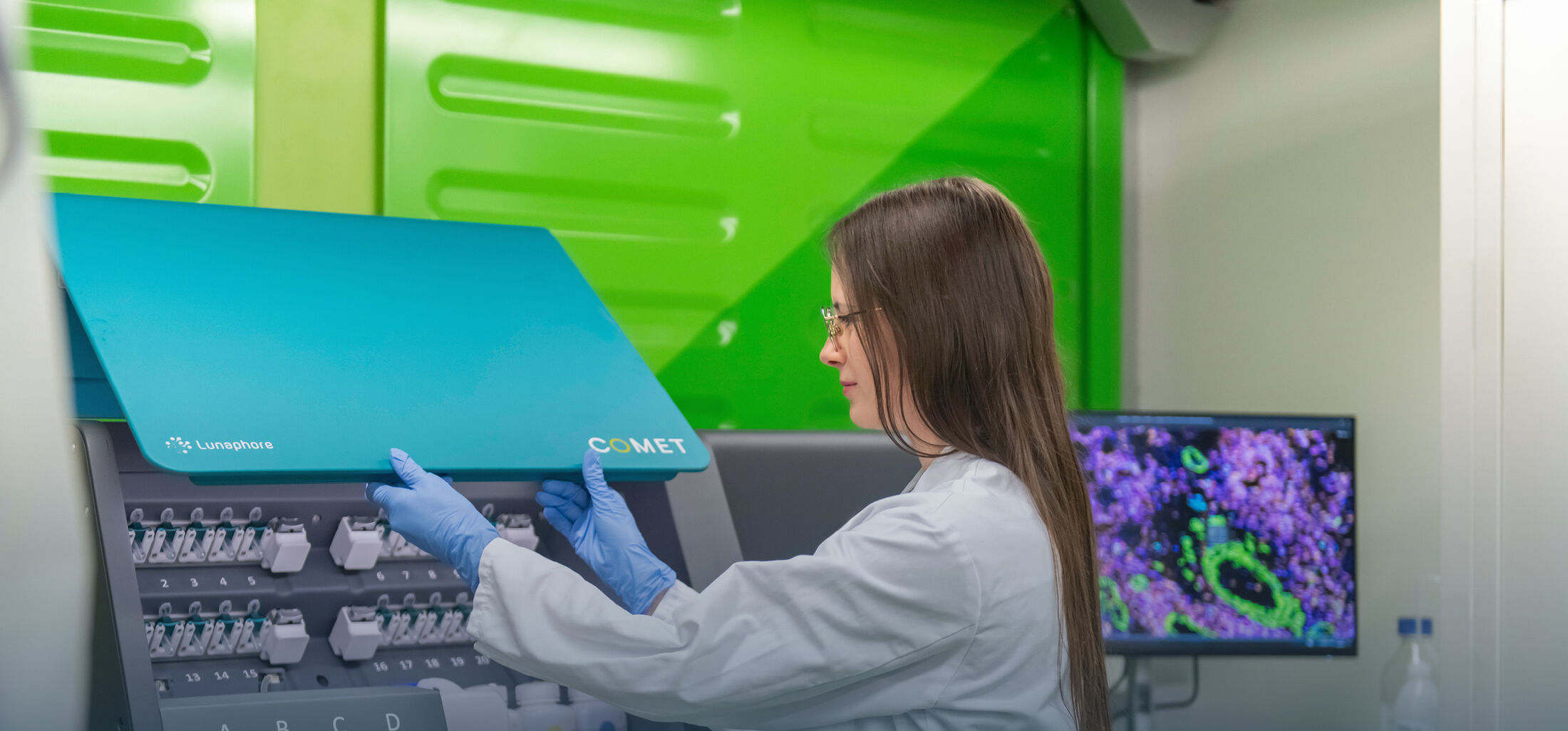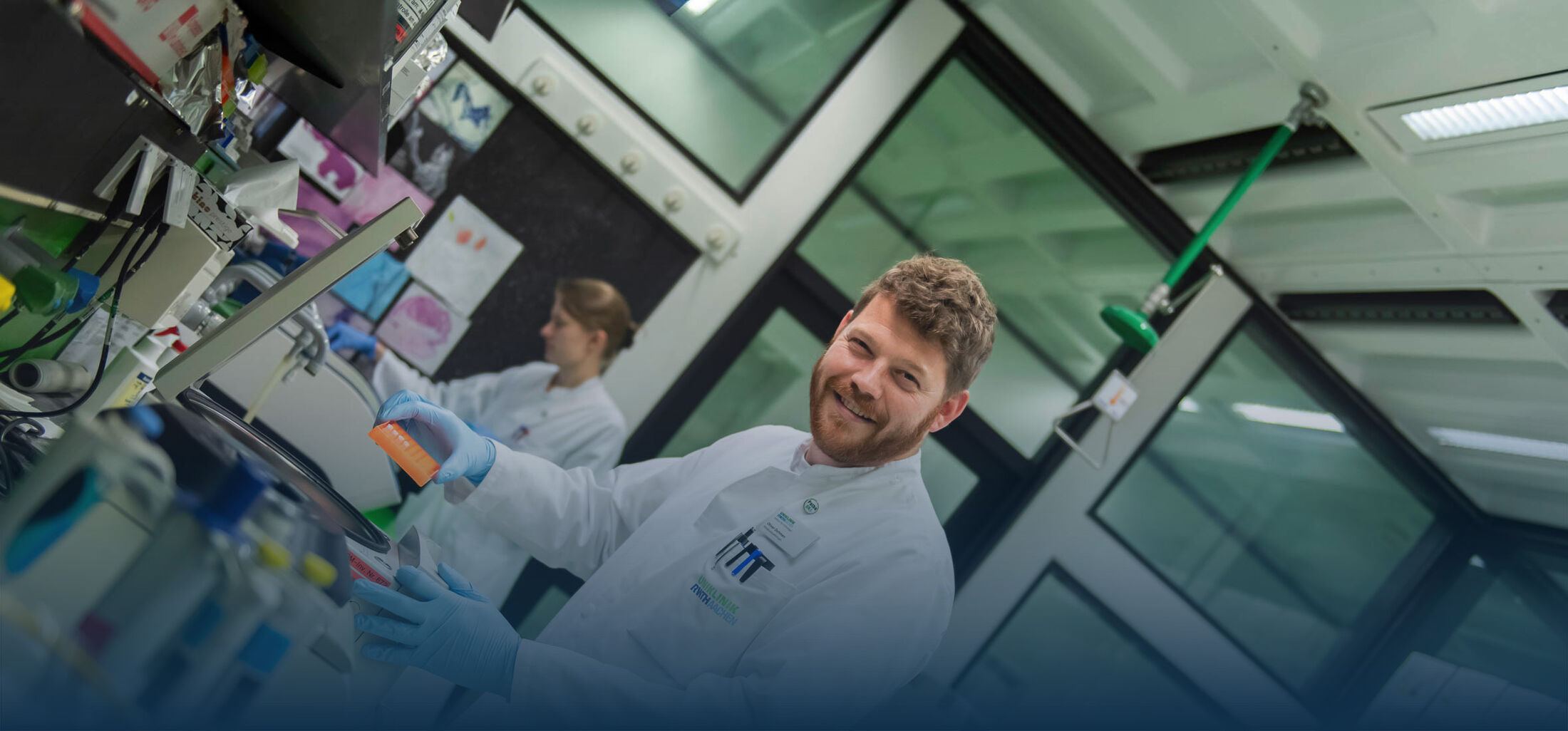Project Clonal evolution
We are interested in the evolutionary analysis of the relative time of genetic events underlying tumorigenesis in human bladder cancers using multiregional whole exome sequencing and bioinformatics. We aim to time bladder cancer drivers, mutational signatures, ploidy and copy number alterations and correlate these alterations with tumor areas and histological phenotypes.
In our past projects (Heide et al., 2019) we found that heterogeneous tumor areas/phenotypes had distinct driver mutations, and ancestral tumor cells either divide early into two separately evolving branches, or confer important subclonal mutations by parallel evolution. APOBEC mutational signatures were found to be very early events, active in carcinoma in situ (CIS), and often remained a dominant source of mutations throughout tumour evolution.
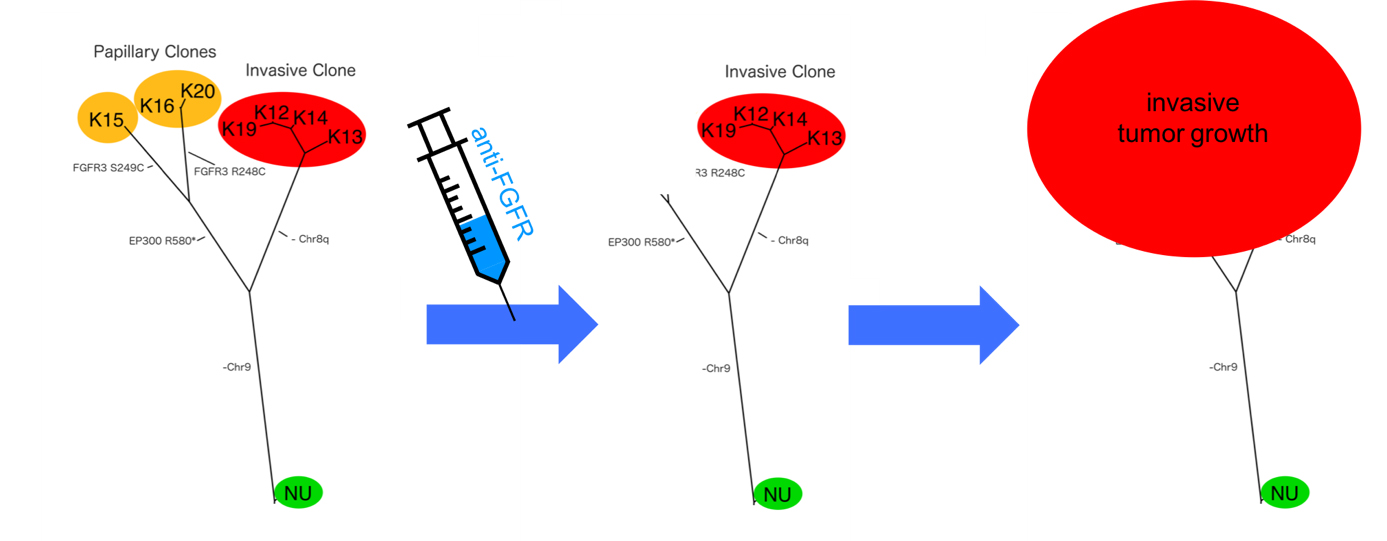
Therefore, there is a more divers mutational trajectory of bladder tumorigenesis than we previously expected, and we are currently pursuing further analyses to underpin the importance of timing of mutational processes and clonal architecture in several bladder cancer types as important aspects for successful prognostication and therapy.
